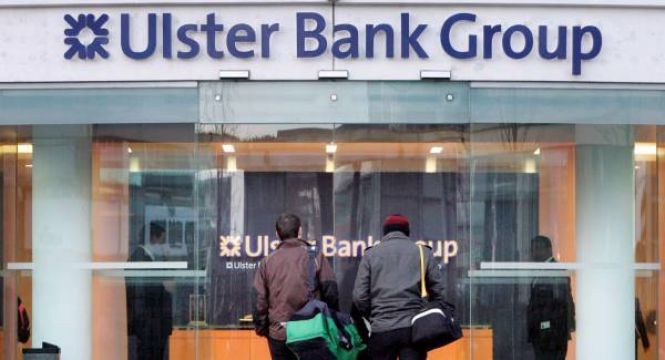This puts more than 2,500 jobs and the future of its 88 branches around the State at risk.
As the Irish Times
reports, a run-down of the business would take an estimated six years and involve a number of loan portfolio sales, which would attract both rival banks and non-bank lenders.
Ulster Bank’s customers would also be required to make alternative arrangements for their day-to-day banking needs.
NatWest, formerly Royal Bank of Scotland (RBS), is also weighing the merits of Ulster Bank Ireland merging with another lender, though this is said to be a less likely outcome.
While 75 per cent Government-owned Permanent TSB would be the most likely candidate for a tie-up, it is understood that no approaches have been made by NatWest. An exit of Ulster Bank would also increase the dominance of Bank of Ireland and AIB in the market and would be a major blow to competition here, given that are just five main lenders in the market.
The strategic review, which is being tightly guarded and run out of the UK, is at an advanced stage and comes as NatWest’s chief executive, Alison Rose, approaches the first anniversary in November of her time charge of the UK banking giant.
Ms Rose set about restructuring the group’s main problem child, its NatWest Markets investment banking division, last February with plans to halve the size of that business. She also ditched the RBS name this year.
FSU, the main union representing financial staff, on Thursday expressed shock at news of the review, and called on Ulster Bank to immediately reassure Ulster Bank employees.
“If this story is substantiated, we are shocked and angry at how the bank is treating staff. We have been engaged in good faith in a restructure process over the last number of weeks to secure jobs and minimise redundancies and the bank reassured us of the commitment from Natwest to Ulster Bank,” said FSU general secretary John O’Connell.







